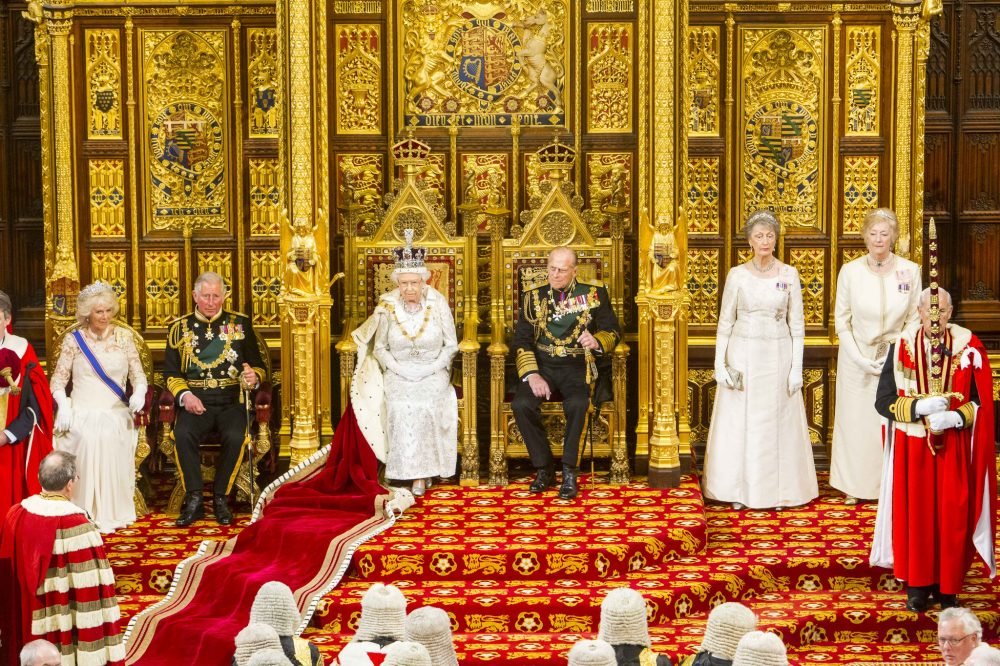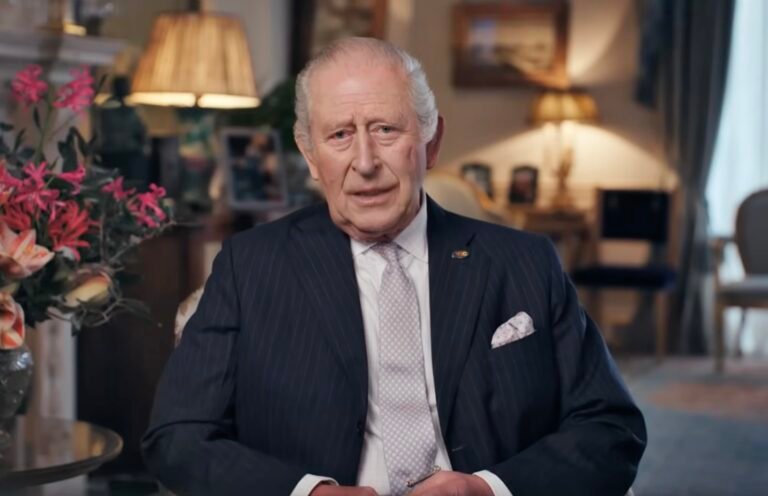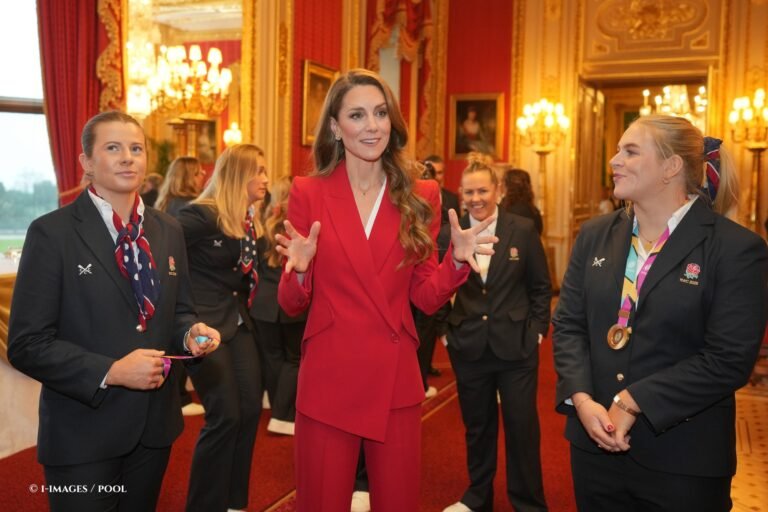At The Crown Chronicles, we try to remain (excuse the pun!) politically neutral. However, we have had a lot of questions from our followers about what recent headlines mean in terms of the British Monarchy.
These questions include:
– What relationship does The Queen have with the Prime Minister and Government?
– Why do laws need Royal Assent?
– Does Great Britain have a constitution?
– Why does the current situation involving the prorogation of Parliament have anything to do with The Queen?
Well, we have some of the answers for you!

Constitutional Monarchy and ‘Separation of Powers’
The British Monarchy is known as a Constitutional Monarchy; this means that, whilst the Sovereign is Head of State, the ability to make and pass legislation resides with an elected Parliament – our MPs.
There are three different branches of State in the UK. These are:
1. The Legislature = These make the laws (House of Commons, House of Lords, the Monarch)
2. The Executive = Implements the laws (Civil Service, Prime Minster, Cabinet, the Monarch, army, police)
3. The Judiciary = Resolves disputes about the law (Judges, magistrates, the Monarch)
According to a strict interpretation of the separation of powers, none of the three branches may exercise the power of the other. Instead, the independent action of the separate institutions should create a system of checks and balances between them.
The Monarch and Government
The day after a general election, The Queen invites the leader of the winning party – the one voted to the most seats in the House of Commons – to become Prime Minister and to form a Government in her name.
The Queen must remain strictly neutral with respect to political matters; she is unable to vote or stand for election. However, The Queen does have an important role in relation to the Government; she opens each new session of Parliament and grants Royal Assent to new laws.
“Neutrality is the essence of being a symbol of national unity. The only time The Queen puts her own words into public utterance is in her Christmas message.”
Royal Assent = All Bills must be given permission by the Sovereign before coming into force as a law in the UK. Royal Assent has not been withheld since 1707. Legally, the Monarch can withhold assent to Bills, but by convention The Queen will give Royal Assent to all Bills passed democratically by Parliament.

The Queen also has a special relationship with the Prime Minister, meeting with them on a regular basis to discuss important matters, and appoint new Ministers of the PM’s Cabinet. The Queen and the Prime Minister usually meet once a week; usually, on Wednesday night.
There would be a constitutional crisis if The Queen did not give Royal Assent to Bills or openly disagreed with the Prime Minister, because it would upset the separation of these powers.
When Parliament passes laws, they do so on the Monarch’s behalf. It would be unacceptable in a modern democracy for an unelected Monarch to have wide powers.
Prorogation of Parliament
A few weeks ago, Boris Johnson announced that he would seek to temporarily suspend (‘prorogue’) Parliament until 14th October. This was seen as more controversial than other times a Prime Minister has asked this of the Monarch, due to the political instability leading up to Britain’s exit from the European Union.
Though the decision to prorogue Parliament falls on the Prime Minister and his Government, the final decision requires royal approval. The Queen granted this approval to the Prime Minister Johnson when he asked.

For these big decisions, The Queen is guided and relies upon advice given to her by her ministers, in this case Boris Johnson and Jacob Rees-Mogg. When Mr Johnson asked The Queen to suspend Parliament, she acceded because she is bound by convention to grant this request. The Queen is not allowed to ignore the advice of her ministers.
The only scenario that would prevent The Queen from taking her Prime Minister’s advice would be if it were demonstrated that the PM no longer commands the confidence of a majority of MPs in Parliament. Without the confidence of the House of Commons, any advice the PM gives The Queen is no longer binding.
The Supreme Court Ruling
It wasn’t just the Prime Minister’s request for prorogation that was found to be unlawful; it was also the Order in Council, the legal mechanism, that The Queen personally approves, that was found to be unlawful.
The Supreme Court does not go as far as to say that the PM had ‘an improper purpose’ when he advised The Queen to prorogue Parliament. However, the judgement did state, “It is impossible for us to conclude on the evidence…that there was any reason – let alone a good reason – to advise Her Majesty to prorogue Parliament for 5 weeks.”
This means that the Supreme Court could not find evidence that the PM should have asked The Queen to prorogue Parliament, but does not state that the PM lied to The Queen.
Although The Queen remains politically neutral, she will not be pleased about being in the middle of the current political storm. The last place The Queen wants to find herself in is between her Prime Minister and her Parliament.
Ilana Cohen has read Politics and International Relations to Masters Level, and has received the Graduate Diploma of Law and a Distinction in the Legal Practice Course. Any further questions regarding the legal aspects of the UK constitution, please email in.






